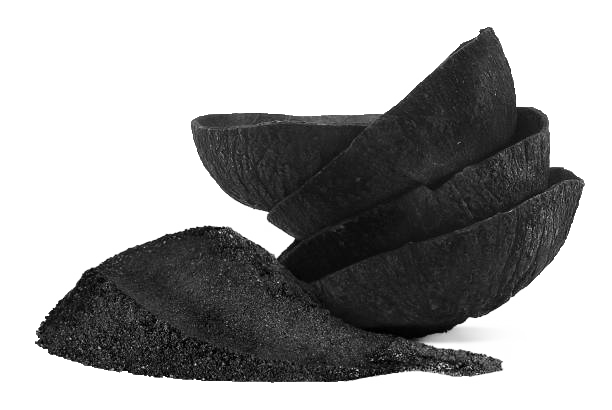Exploring coconut charcoal reseller opportunities in Indonesia presents a highly promising business venture, especially with the rising global demand for sustainable energy sources like coconut shell charcoal briquette. Indonesia, being the world’s largest coconut producer, offers abundant raw materials for coconut-based charcoal products.
In addition to its global demand, coconut charcoal is extensively utilized locally for household cooking, restaurants, and small-scale industries. To succeed, however, one must focus on product quality, build reliable supplier partnerships, and develop efficient logistics systems. Understanding the market dynamics and adhering to export regulations are also key to building a long-term, sustainable business.
Coconut Charcoal Reseller Opportunities in Indonesia

Why Are the Opportunities Promising?
Strong Global and Domestic Demand
Coconut shell charcoal is in high demand globally as a renewable energy source and industrial input. It is used in various sectors, including food and beverage, metallurgy, and chemical industries. Locally, it remains a staple fuel for cooking and grilling, making it a versatile and consistently needed product.
Abundant Raw Material Supply
Thanks to Indonesia’s massive coconut production, there is a steady and cost-effective supply of coconut shells, the main raw material for producing charcoal and briquettes. This availability makes it easier for resellers to scale operations without significant raw material constraints.
Eco-Friendly Market Trends
As more countries shift toward environmentally sustainable products, the appeal of biomass-based fuels like coconut charcoal continues to grow. Products such as coconut shell briquettes are seen as cleaner alternatives to coal or wood, aligning with green energy goals worldwide.
High-Value Product Variants
In addition to raw charcoal, resellers can also offer value-added products such as charcoal briquettes and activated carbon. These derivatives not only have higher profit margins but also appeal to more specialized industrial markets.
How to Start a Coconut Charcoal Reselling Business
1. Select Your Product Type
Decide whether to focus on raw coconut shell charcoal, charcoal briquettes, or other processed derivatives like activated carbon.
2. Establish Supplier Partnerships
Identify and collaborate with reliable producers who can supply high-quality, consistent products. Vet their production standards, especially if targeting export markets.
3. Know Your Target Market
- Domestic Market: Focus on households, restaurants, and small-scale industries that rely on charcoal for daily operations.
- Export Market: Target eco-conscious regions such as Europe, the U.S., and parts of Asia that are seeking renewable energy sources and environmentally friendly fuels.
4. Develop Effective Marketing Strategies
Leverage digital marketing platforms, build a strong online presence, and list products on e-commerce platforms to expand your market reach. Highlight product benefits, certifications, and sustainability aspects to attract international buyers.
5. Optimize Logistics and Compliance
Efficient logistics planning is crucial, especially for bulk shipments overseas. Additionally, ensure compliance with export regulations, including product quality standards and certifications.
Challenges to Address
Market Competition
The promising potential of this business has led to increasing competition. To stay ahead, resellers must differentiate through quality, branding, and customer service.
Maintaining Product Quality
Consistency in product quality is essential to retain customer trust and meet market expectations, especially for exports.
Complex Logistics
Handling large-scale shipments, especially internationally, requires well-thought-out logistics solutions. Any delays or mishandling may harm the business’s reputation and reduce profitability.

